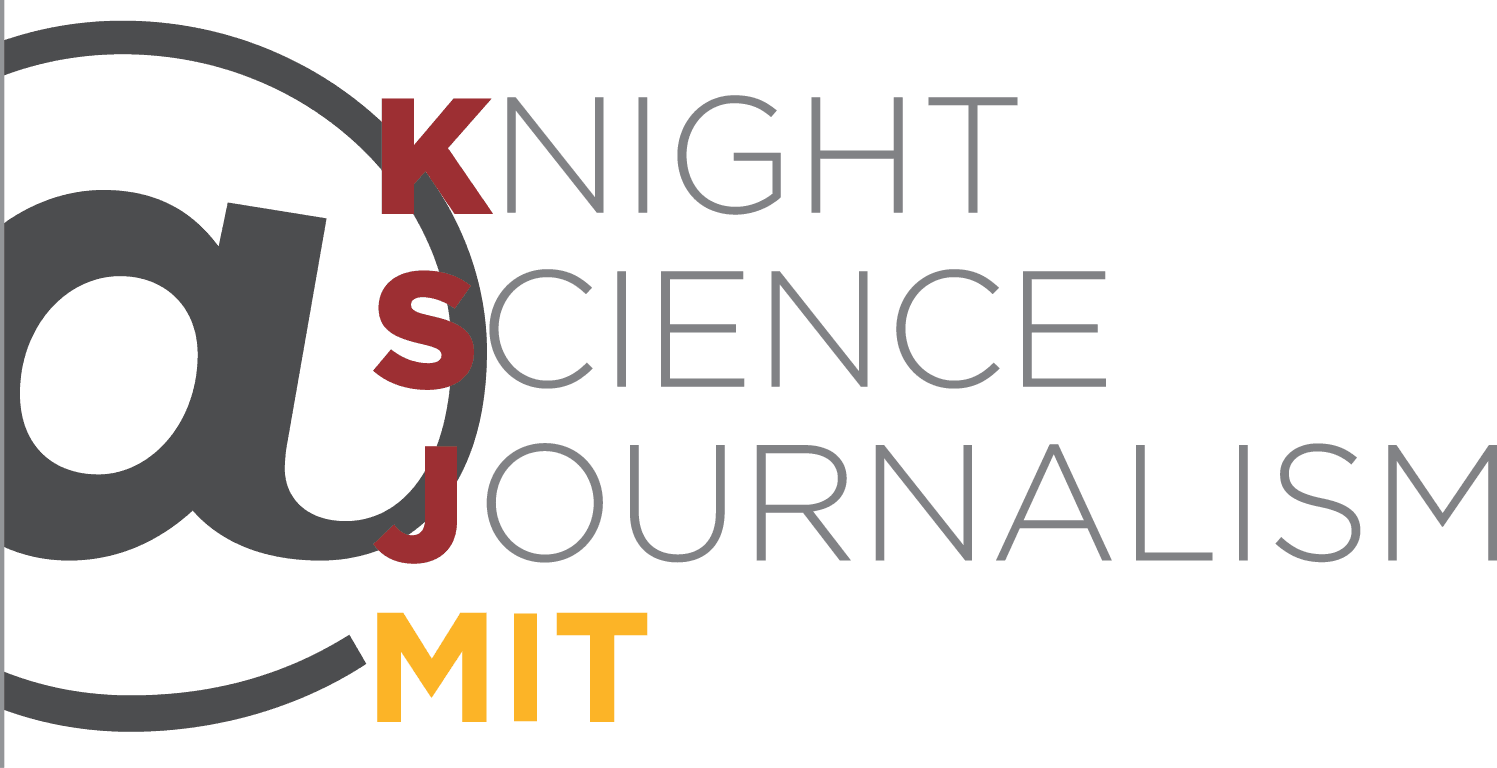Application Deadline: February 28th 2017
Every year, the Knight Science Journalism Program (KSJ) offers ten science journalists a 9-month fellowship — geared to the August-to-May academic year — designed to enable them to explore science, technology, and the craft of journalism in depth, to concentrate on a specialty in science, and to learn at some of the top research universities in the world.
Each Fellow largely designs his or her own course of study, with consultation offered by the director and the KSJ staff. Fellows are required to produce a research project during the academic year, which can form the basis of a story – which may be considered for publication by KSJ – or simply be a detailed report on an area of science. All fellows will do a formal presentation on their projects at the conclusion of the fellowship year.
Fellows are required to audit at least one science course per semester but are other wise encouraged to explore the wide range of offerings at MIT, Harvard, or other institutions in Cambridge and Greater Boston. The program is designed to offer a rich and varied mix of coursework, attendance at departmental colloquia, research trips, lab visits, interviews, reading, and writing.
Eligibility Requirements:
To be eligible for a KSJ@MIT Fellowship, applicants must:
• Be full-time journalists, whether on staff or freelance. Part-time writers or producers are not eligible.
• Have at least three full years of experience covering science, technology, the environment, or medicine.
• Be reporters, writers, editors, producers, illustrators, filmmakers, or photojournalists. This includes work for newspapers, magazines, television, radio, and digital media.
Benefits:
- Fellows receive a stipend of $70,000 as well as some additional benefits, including basic health insurance.
- Under the terms of MIT residency, fellows must refrain from paid professional work during the course of the 9-month program, unless the program director grants prior permission.
Among the many Knight Fellowship programs and activities:
• Seminars: Fellows meet regularly for seminars with top researchers and media professionals.
• Field Trips: The program organizes several trips each year to locations of special interest to science and technology writers. Past destinations have included the Woods Hole Oceanographic Institution and the Marine Biological Laboratory in Woods Hole, MA, the Jackson Laboratory in Bar Harbor, ME, and the Harvard Forest in Petersham, MA.
• Digital Media Training: The number of storytelling channels open to journalists is multiplying, and we want our Fellows to return to the workforce with more technical skills than they had coming in. We offer workshops in various technologies, including video and audio capture, still photography, digital editing, data journalism and podcasting.
• Workshops: With support from the Kavli Foundation, the program organizes an annual workshop on an essential issue in science journalism, which may range from policy-based questions to basic science backgrounders, such as a series of lectures from leading nanotechnology researchers. These workshops are open to the larger science writing community on a competitive basis but all Knight Fellows are offered automatic admission to these workshops if they choose to attend.
Application Procedure:
Required Documents
KSJ@MIT uses an online application system via Submittable. Please read the guidelines and hit the “submit” button to begin your application. The final deadline for submission is February 28, 2017.
The following documents are required for 9-Month Fellowship applications:
- Professional Autobiography: Provide a brief statement (500 word maximum) about why you want to participate in the Knight Science Journalism Fellowship Program at MIT and how it would fit with your professional goals.
- Résumé or Curriculum Vitae: Be sure to include your education and work history. (Freelancers should include a list of freelance jobs in the last 12 months. Include each story, venue, and date of publication or broadcast.)
- Research proposal: In consultation with the KSJ staff, Knight fellows will develop and produce a research project in a chosen area of science or science journalism. This project is intended to be developed as if for publication, in formats ranging from multimedia to long-form story. Research projects are reviewed by KSJ staff and Knight fellows, and will be considered for publication by KSJ during the academic year, either in Undark magazine or as a special presentation on the KSJ website. Fellows will deliver a formal presentation on their topic at the end of the fellowship year. All applicants should describe, in 500 words or less, a project to be developed during the desired fellowship.
- Work samples: Five relevant work samples are required. Choose samples that best illustrate your interest and abilities. Please include a translation for any work not in English.
- Professional references: Three letters of recommendation are required. Letters should come from individuals familiar with your work and should comment on your abilities and your commitment to journalism.
Stipulations
To be awarded a Fellowship, selected applicants must agree to the following requirements:
- To reside full-time in the Boston/Cambridge area for the academic year: August 15, 2017 through May 15, 2018.
- To attend field trips, seminars, and required training sessions arranged by the Knight Science Journalism Fellowship Program at MIT.
- To participate in at least one science course per semester.
- To produce a well thought out research project during the academic year.
- To refrain from outside professional work during the Fellowship, unless written permission has been granted by the Director.
- International candidates must obtain a valid visa from the U.S. State Department after being awarded the Fellowship; the visa is normally sponsored by MIT.
Semi-finalists for the Fellowship will be notified by email by April 1, 2017 and Skype interviews with program administrator Bettina Urcuioli will be scheduled for all those wishing to continue further in the process.
For More Information:
Visit the Official Webpage of the Knight Science Journalism Program (KSJ 2017

